Jeddah Taks, Round One: What to Expect?
On the 29th of October, the Facilitators, The United States (U.S.), the Kingdom of Saudi Arabia (KSA),
and the Intergovernmental Authority on Development (IGAD) as a Co-facilitator on behalf of the
African Union (AU) announced the re-establishing of talks between the Sudanese Armed Forces (SAF)
and the Rapid Support Forces (RSF) aimed at the conflict that erupted in mid-April. Since last May,
Jeddah Talks has taken many steps regarding a short-term ceasefire to allow humanitarian assistance
to reach those in need. Still, woefully, both belligerent parties failed to meet their commitments;
therefore, the Facilitators suspended the Talks. As a result, the U.S. sanctioned both parties as well as
members of the Sudanese Islamic Movement (SIM), including its Secretary-General Ali Karti.
On November 7, the Facilitators issued a joint statement on “Commitments from Jeddah Talks,”
which is built on two major points:
- Facilitate Increased Humanitarian Assistance: On May 11, both the SAF and RSF agreed on
the (Declaration of Commitment to Protect Civilians of Sudan,) so this point comes as a
reaffirmation of what was agreed upon months ago. However, since last May, the situation
has worsened to the point that Sudan is now considered the “worst humanitarian crisis of
our time). In contrast, more than 6.79 million people have been forcibly displaced within or
outside the country.
On this point, both the SAF and RSF have agreed to the following:
1.1. Participate in a joint humanitarian forum led by the UN Office for the Coordination of
Humanitarian Affairs (UNOCHA) to resolve impediments to humanitarian access and
delivery of assistance. It’s worth noting that the RSF has established a specialized
committee for humanitarian affairs named the Sudan Agency for Relief and
Humanitarian Operations. On the other hand, the SAF has the Humanitarian Aid
Commission (HAC).
1.2. Identify points of contact to assist with the movements of humanitarian personnel and
assistance. Since May 11, humanitarian actors have reported a lack of accessibility and
contact with both parties, which led the Governor of Darfur Province to handle the
delivery of assistance to Darfur states using his paramilitary force. - Implement Confidence-Building Measures (CBM): Since the conflict erupted, the SAF and
RSF official media outlets have issued spiteful language. In contrast, both belligerent parties
Chiefs/Commanders denied having direct contact. On this part, the measures agreed are the
following:
2.1. Establishment of communications between the SAF and RSF leaders. Many sources
reported that the “leaders” of these communications are the Deputy Commander-in-chief, General Kabbashi, on behalf of the SAF, and the Second Commander, Lt. General
Abdelrahim Dagalo, on behalf of the RSF.
2.2. Arrest of prison escapees and fugitives. Since the ousted Omer Al-Bashir regime in April
2019, many notable SIM members, including Ali Karti, were fugitives, along with more
than 20,000 prison escapees from prisons across the country.
2.3. Improve each side’s official media discourse and reduce inflammatory
rhetoric. Both sides’ official media outlets have been extremely aggressive.
2.4.Actions concerning each side’s warmongers and pro-war elements. Both parties have
pro-war elements fueling the hostilities.
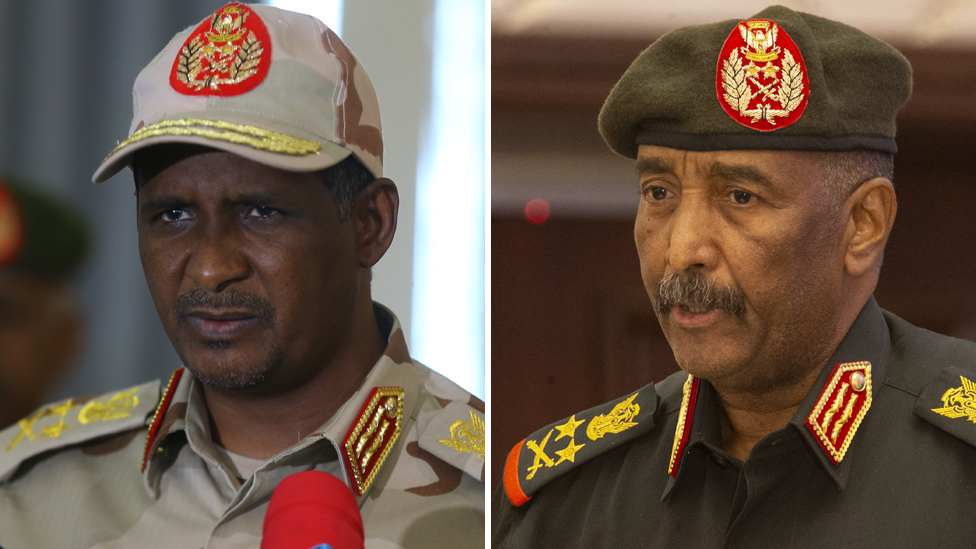
In conclusion, both belligerent parties failed to agree on a ceasefire and hostilities. However, this is
just the first round, and both parties are still negotiating regarding the cessation of hostilities. This
round did not reach what the Sudanese people hoped for a ceasefire, but hopefully, they will in the next
rounds.

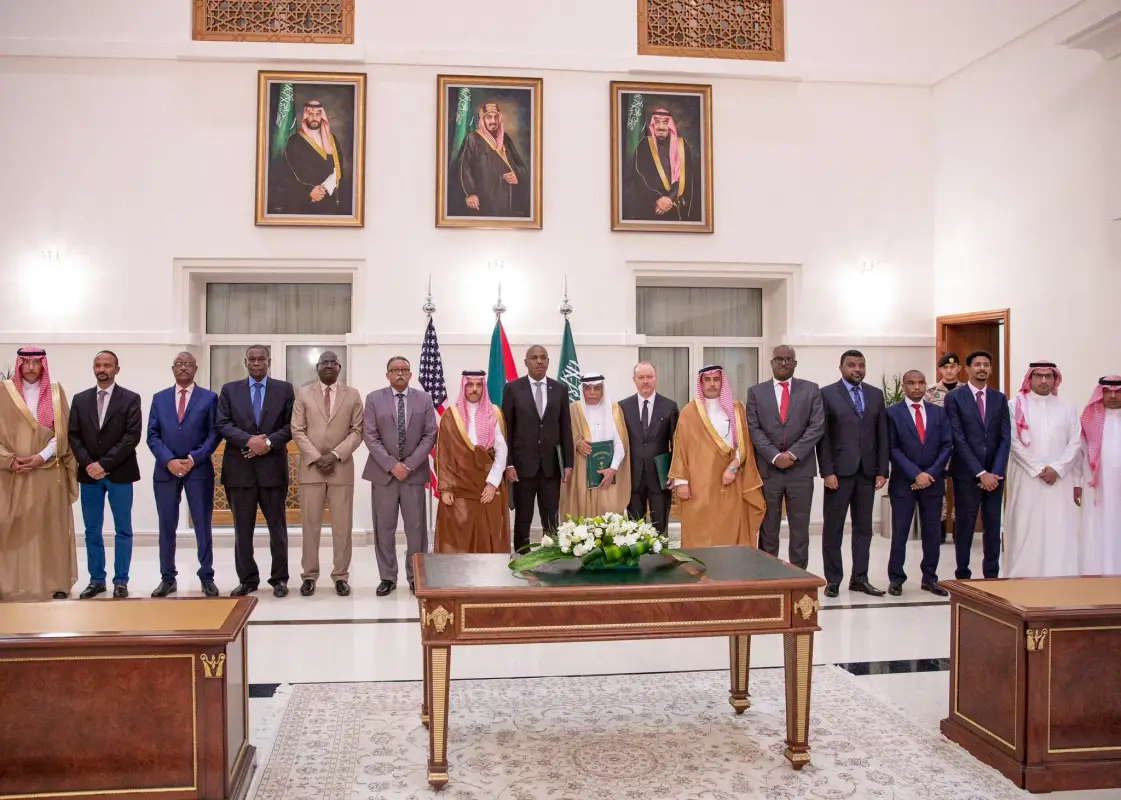
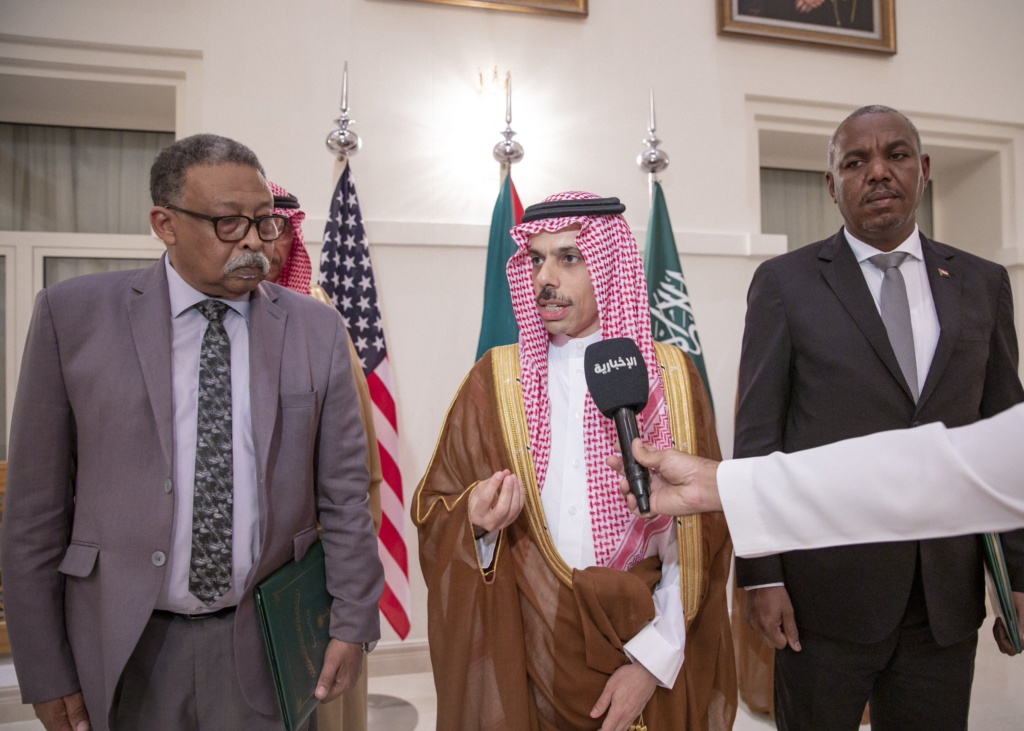
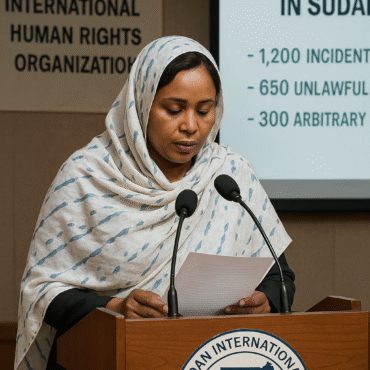
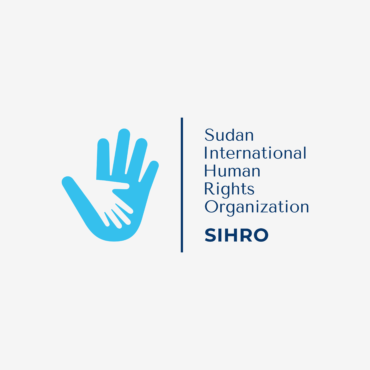
Add Comment